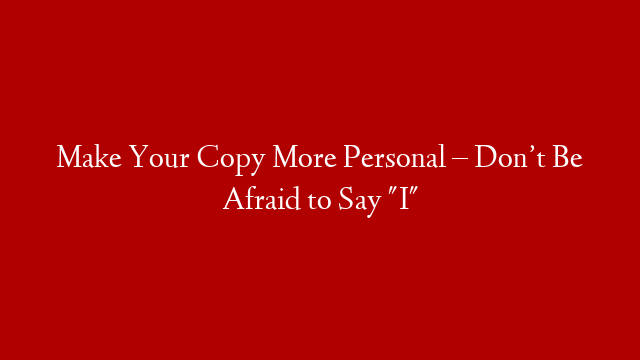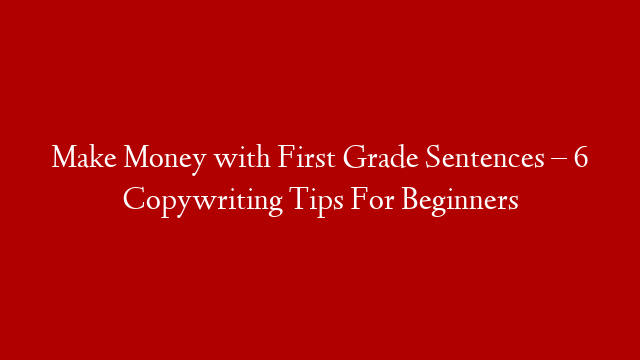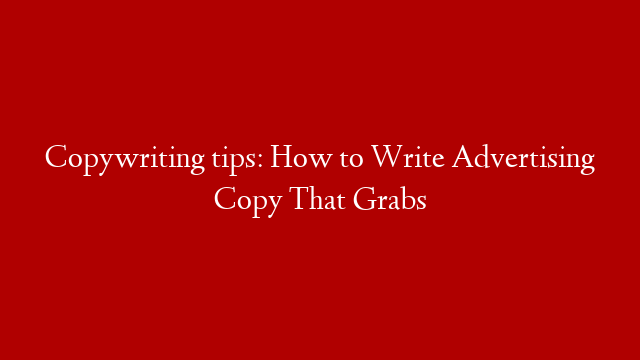Every day, we read all sorts of materials, don’t we? Even if we’re not browsing the web or leafing through a newspaper, just passing down the street we catch sight of ads, instructions (“No Parking”), notices, addresses, appeals and so forth. Almost all of these are written in impersonal, informal language, especially those posted by the government, municipality or police. But sometimes we may catch sight of a handwritten note on a noticeboard, like “I’ve lost my wallet” or “I offer tuition.”
Mostly the materials that use “I” come from people who have a personal problem like their cat’s gone missing or they’ve lost their cell phone, or they’re offering personal services like home tuition, bookkeeping, or indeed copywriting. The difference is that when City Hall pastes up a notice telling us to do something or not to do it, they’re not asking a personal favour. They’re telling us how to act on the authority of the office they hold or the law they uphold.
But when we offer personal services or a personally-produced product like an e-book of copywriting tips, we’re creating a personal relationship as the basis for the sale. Of course, the relationship most likely will never be an intimate one, and we may never meet face-to-face with our internet customers. But that’s just why we need to make our pitch as personal as possible and our profile as attractive as possible. That’s when we need to use “I”, just like we really were talking to them in the car, at a ball game or waiting in line.
So make as many sentences in copy as you can include the word “I”. I’m not saying a copywriter should make every sentence a personal statement. That’s not possible and would sound like overkill. But re-write any sentences like “It is generally believed that… ” as “I believe… And so do most people.” Make yourself sound like the woman or man next door. Turn your pitch into an engaging personal statement. Then people will feel you’re sharing rather than selling, although you’re doing both. If people feel you’re sharing something, they’ll focus more on the product and their good feelings about you and less on the prospect of parting with money.
But the most significant use of the word “I” is not just turning all our sentences into the first person. The most telling use of “I” in sales materials is when we tell a personal story. And telling personal stories will be the subject of my next article.



